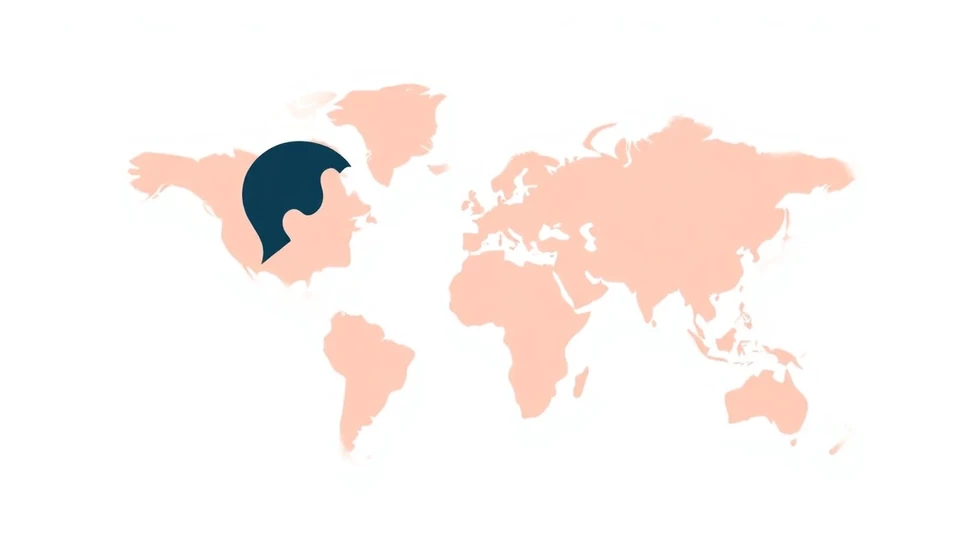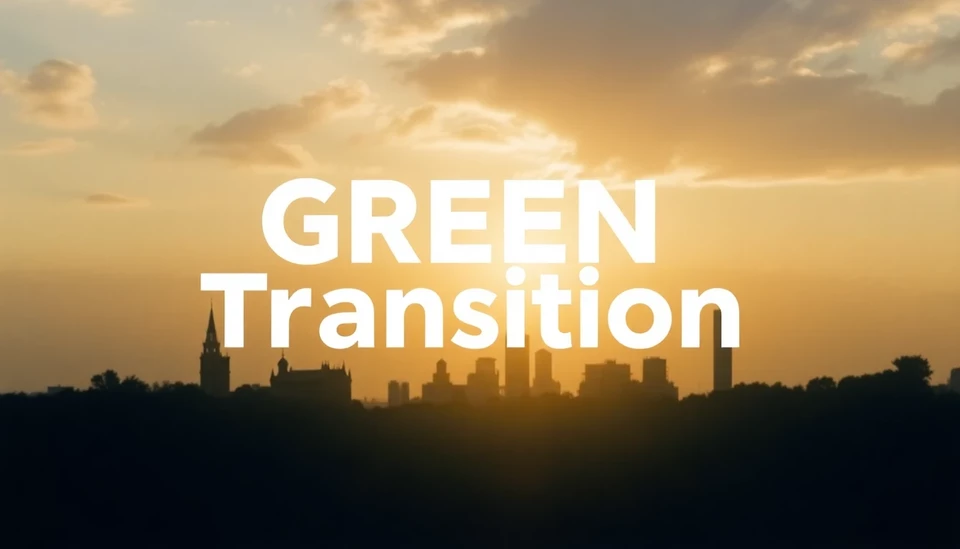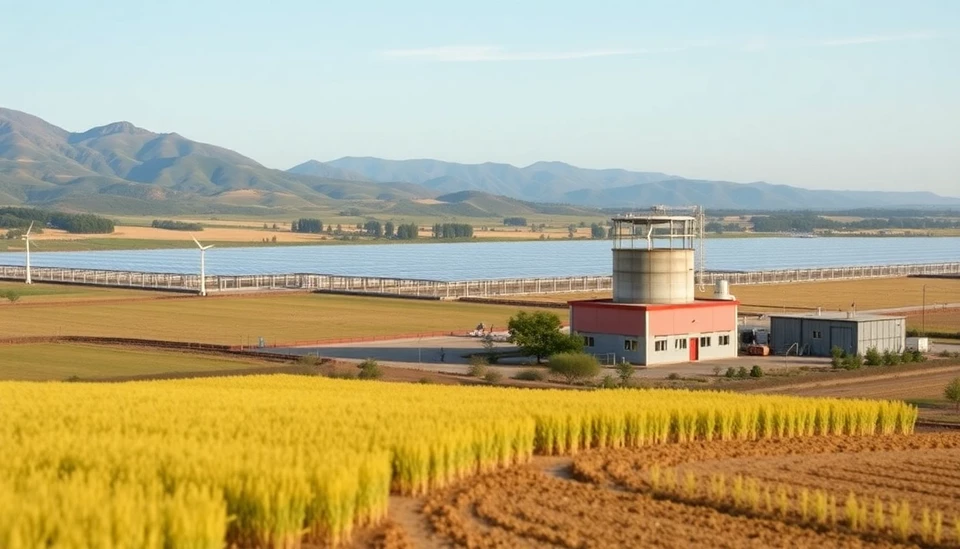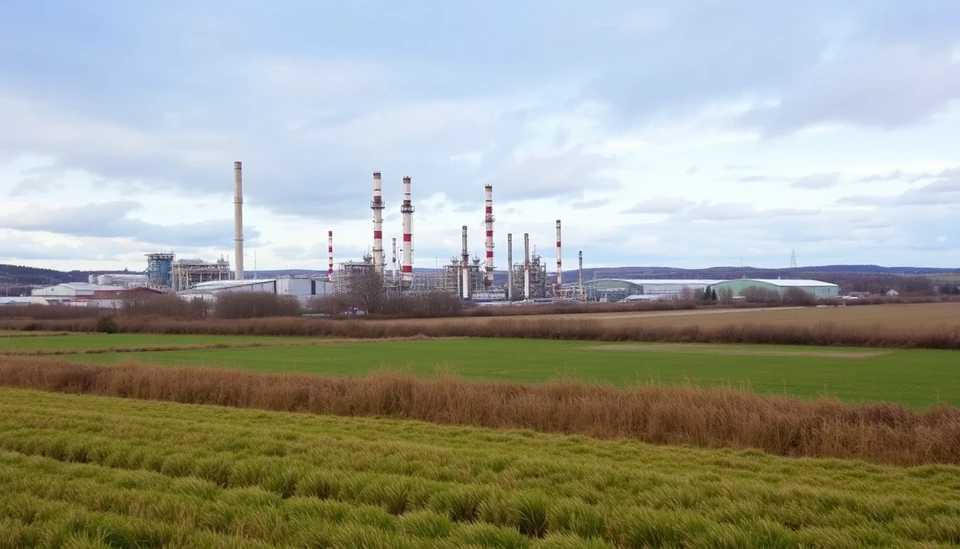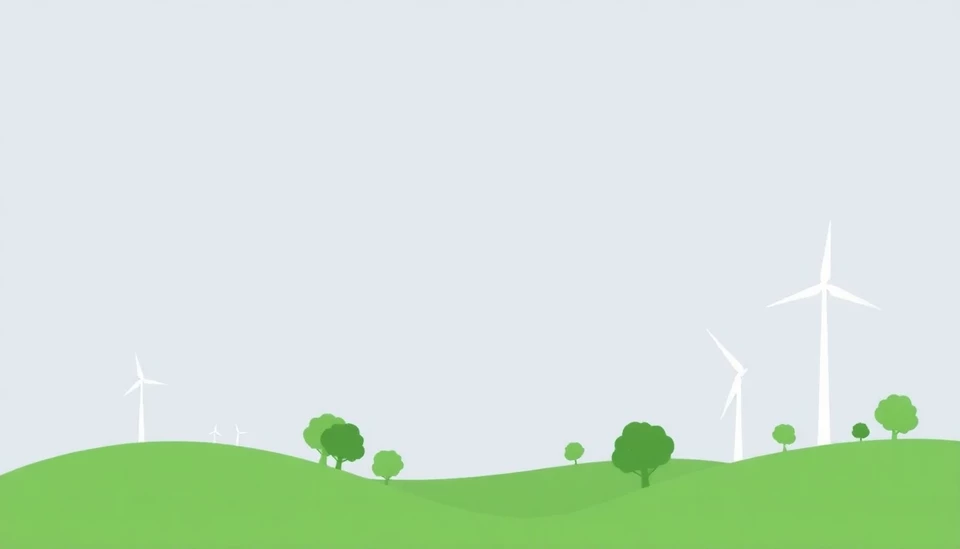
As the world shifts towards a more sustainable future, the green transition is fraught with uncertainties that could significantly impact its trajectory. In a recent analysis, key wild cards have been identified that could either expedite or hinder progress in renewable energy adoption, electric vehicle production, and overall climate strategies.
One of the primary concerns revolves around technological advancements. The development and commercialization of breakthrough technologies, such as fusion energy or advanced battery solutions, could reshape the energy landscape dramatically. However, the unpredictable nature of technological innovation leaves stakeholders uncertain about when, or if, these solutions will materialize to advantageous scales.
Another crucial aspect is the geopolitical landscape that has a direct bearing on the energy transition. The global tug-of-war over energy resources is expected to intensify as nations strive to secure their energy independence and sustainability targets. For instance, the availability of critical minerals essential for renewable technologies is becoming increasingly contested. Countries rich in these resources might hold significant leverage, thereby impacting the speed and direction of the green transition.
Furthermore, government policies and regulations play a pivotal role in shaping the green energy landscape. Legislative actions, subsidies, and incentives can drive or stall progress. Shifts in political climates, especially in major economies like the U.S. and China, could either bolster or undermine efforts to reduce carbon emissions. Stakeholders are closely monitoring upcoming elections and policy announcements that could signal major changes in green energy initiatives.
Market dynamics represent another layer of complexity. Concerns surrounding inflation, supply chain disruptions, and fluctuating energy prices are creating an unpredictable environment for companies involved in sustainable practices. Businesses are being urged to remain adaptive and resilient to navigate these challenges while pursuing their green objectives.
While optimism remains regarding the potential for a greener planet, these wild cards present a significant degree of uncertainty. Future advancements in technology, shifts in geopolitical power, evolving regulatory landscapes, and market volatility will all play critical roles in determining the pace and effectiveness of the green transition.
As stakeholders across industries analyze these variables, continuous dialogue and proactive strategies will be paramount in ensuring a successful transition towards a sustainable future.
#GreenTransition #SustainableEnergy #ClimateChange #RenewableEnergy #TechnologyInnovation #Geopolitics #EnergyMarket #EnvironmentalPolicy
Author: Sophie Bennett
